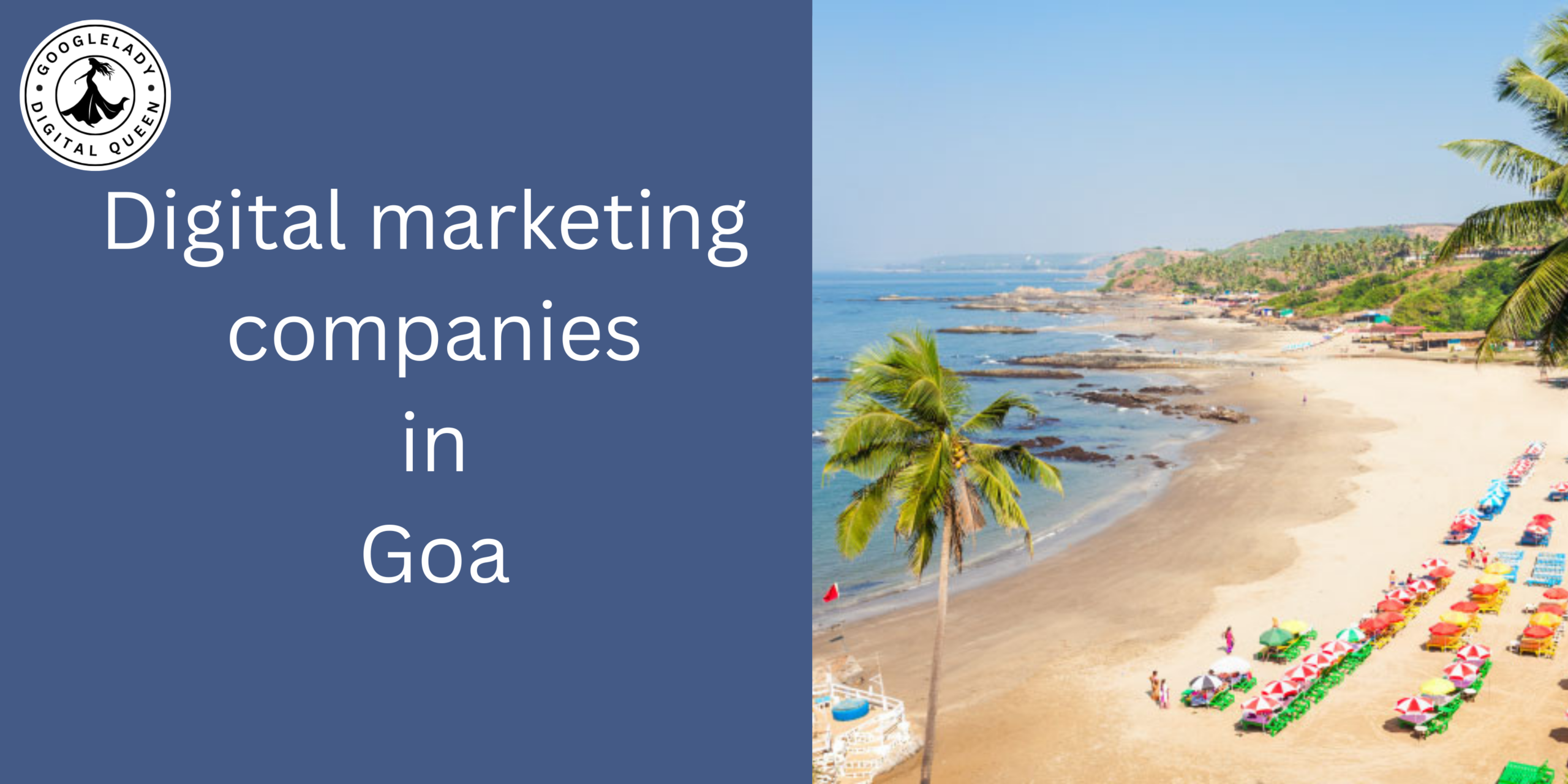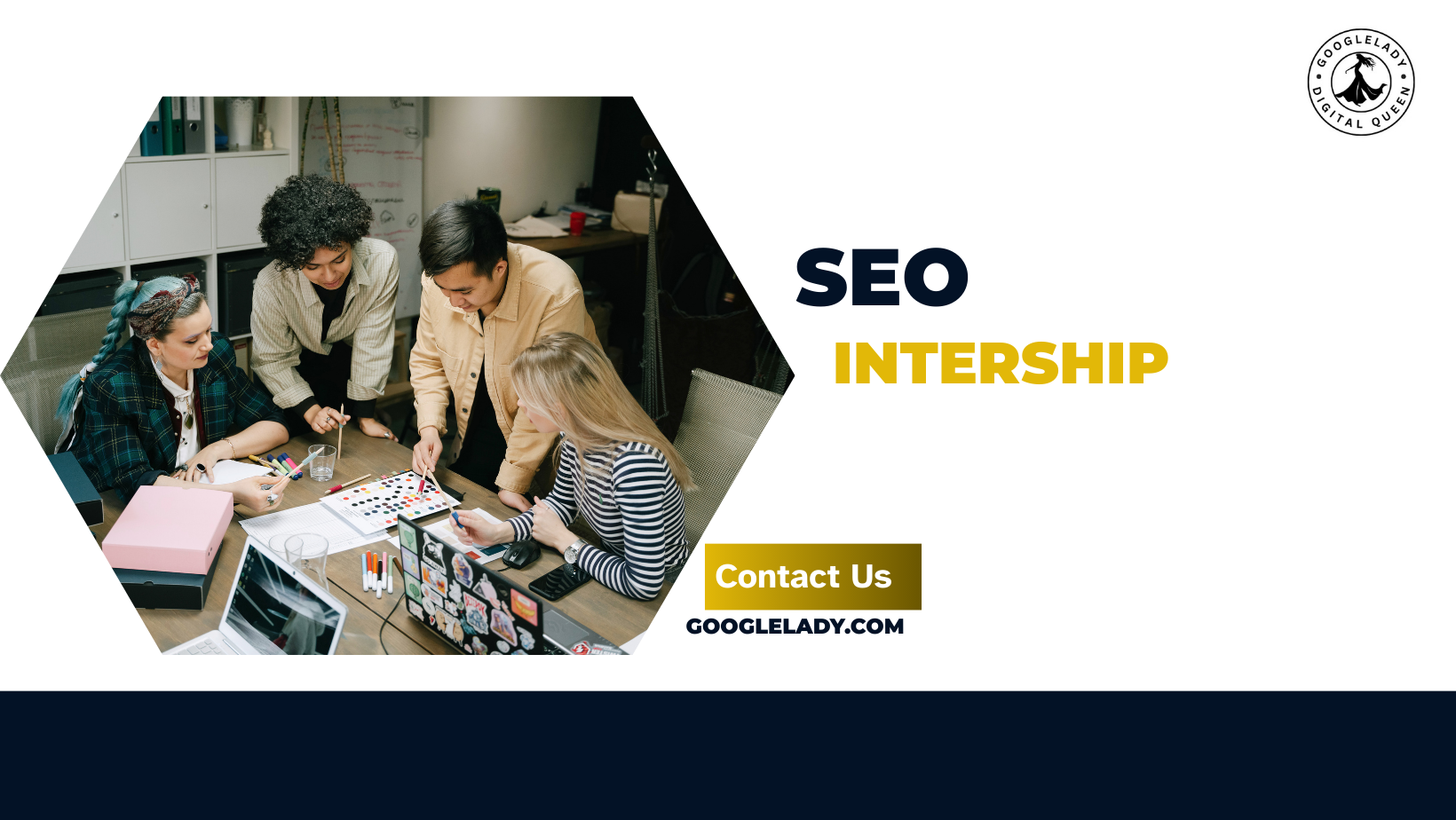Launching my first free e-book on Google Ads (previously known as AdWords) has been an exciting experience. This updated version is written to help beginners, marketers, and business owners understand how Google Ads actually works—and how to use it effectively without wasting budget. I’ll continue updating this guide whenever Google releases new features or best practices, so make sure to bookmark this page for future improvements.
Introduction to Google Ads:
a. Understanding Google and Google Ads
Google Ads is one of the world’s most powerful advertising platforms, helping businesses show their products and services to people who are actively searching for them. When someone searches for something online, Google uses complex algorithms to display the most relevant ads and organic search results.
With Google Ads, you can reach customers at the exact moment they show interest—making it one of the highest-intent marketing channels.
b. Basic Google Ads Features
Some essential features include
- Keyword targeting to reach users searching for specific terms
- Ad groups to organize campaigns
- Quality Score metrics to measure ad relevance, landing page experience, and expected click-through rates
- Bid strategies like CPC, CPA, and smart automated bidding
- Ad extensions such as sitelinks, call extensions, and structured snippets
- Audience targeting for remarketing, affinity, and in-market audiences
These features help you customize your ads based on user behavior, search intent, and campaign goals.
c. Benefits of Using Google Ads
Google Ads offers several strong advantages:
- Immediate visibility on Google search
- Control of daily budget and bidding
- Ability to measure every click, conversion, and cost
- A/B testing for ads and landing pages
- High conversion potential due to strong purchase intent
- Flexibility to pause, edit, or scale campaigns anytime
For businesses wanting fast results, Google Ads is one of the best marketing channels.
Getting Started With Google Ads
To start advertising, you need a Google account and a clear understanding of your campaign goals. Decide whether you want leads, sales, website visits, or brand visibility.
Set up your first campaign by choosing the right match types, adding relevant keywords, writing compelling ad copy, and connecting your campaign to an optimized landing page.
A well-structured account makes a big difference, so always keep:
- Campaigns organized
- Keywords tightly grouped
- Landing pages relevant
- Ads aligned with the searcher's intent
This improves your Quality Score and helps lower your cost per click (CPC).
How to Get Google Ads Vouchers (Ethically and Legally)
Google often provides promotional coupons for new advertisers. You can receive vouchers through:
- Google partner agencies
- Hosting providers
- Google Ads promotional email campaigns
- Web hosting or marketing platforms that run promotions
Avoid websites selling fake coupons—they violate Google’s policies. Always use vouchers from official or trusted partners only.
14 Helpful Tips for Google Ads Beginners
Here are some simplified beginner-friendly tips:
- Start with a small budget to learn.
- Use long-tail keywords for lower CPCs.
- Write clear and benefit-driven ads.
- Use negative keywords to avoid irrelevant clicks.
- Create separate ad groups for better relevance.
- Use expanded and responsive search ads.
- Track conversions from day one.
- Improve landing page quality.
- Test different headlines and descriptions.
- Review search terms regularly.
- Use call extensions and sitelinks.
- Avoid broad match in the beginning.
- Focus on user intent, not just keywords.
- Monitor your campaigns daily.
These habits will help you avoid costly mistakes in the early stages.
Why You Should Use All Match Types
Google Ads offers broad match, phrase match, and exact match.
Each has a different purpose:
- Exact Match → Full control and highest relevance
- Phrase Match → Good balance between control and reach
- Broad Match → Useful when paired with smart bidding & strong negatives
Using all match types strategically help you:
- Expand reach
- Discover new keyword opportunities
- Maintain relevance and control
- Optimize spending based on performance data
A balanced keyword strategy gives better visibility and more conversions.
Powerful Google Ads Tips for Better Performance
This guide covers several advanced tips, including:
- Improving Quality Score with relevant landing pages
- Using audience signals to increase conversions
- Monitoring device-level performance
- Leveraging remarketing lists for search ads (RLSA)
- Testing different bidding strategies
- Using automated rules for optimization
- Ensuring mobile-friendly ad experiences
- Adding callouts, sitelinks, and structured snippets
- Tracking micro-conversions
- Segmenting campaigns by location
These techniques help you scale your campaigns, reduce wasted spending, and increase ROI.
Copywriting Secrets for Writing High-Converting Google Ads
Good ad copy influences CTR and Quality Score. Effective ad writing includes:
- Using emotional triggers
- Showing unique selling points
- Adding numbers or statistics
- Creating urgency when appropriate
- Using power words like "save," "get," "learn," "free," "fast," and "proven"
- Matching keywords closely with user intent
Always write your ads based on what the user is actually searching for.
Effective Tips for Writing Google Ads That Convert
These refined ad-writing tips include:
- Start with the user problem
- Add benefits before the features
- Use dynamic keyword insertion carefully
- Include strong call-to-action phrases
- Keep the tone simple and direct
- Test at least 5–10 headlines
- Make every line meaningful
- Reflect real user intent in every ad
The goal is to make ads feel less like ads and more like helpful answers.
The Ultimate Guide to Google Ads Landing Pages
Your landing page determines whether a click becomes a conversion. A great landing page needs:
- Fast loading speed
- Clear and relevant headlines
- Trust signals (reviews, ratings, testimonials)
- Easy forms
- Mobile-friendly design
- Benefit-driven content
- A strong call to action
Google rewards great user experience with higher Quality Scores and lower CPCs.
A strong landing page = higher conversions + reduced ad costs.



0 Comments